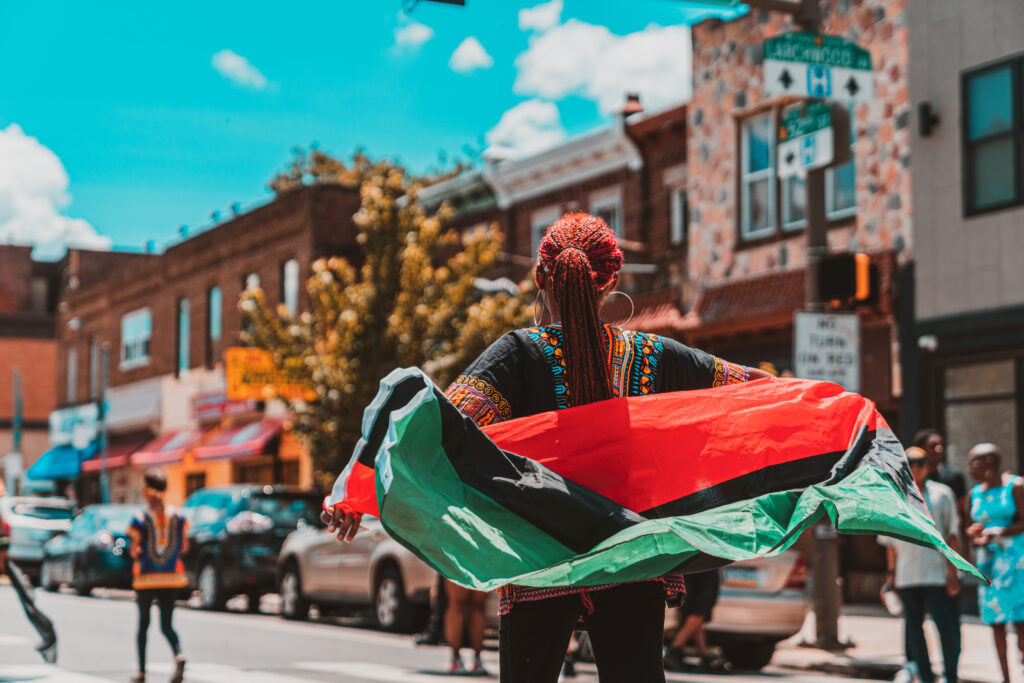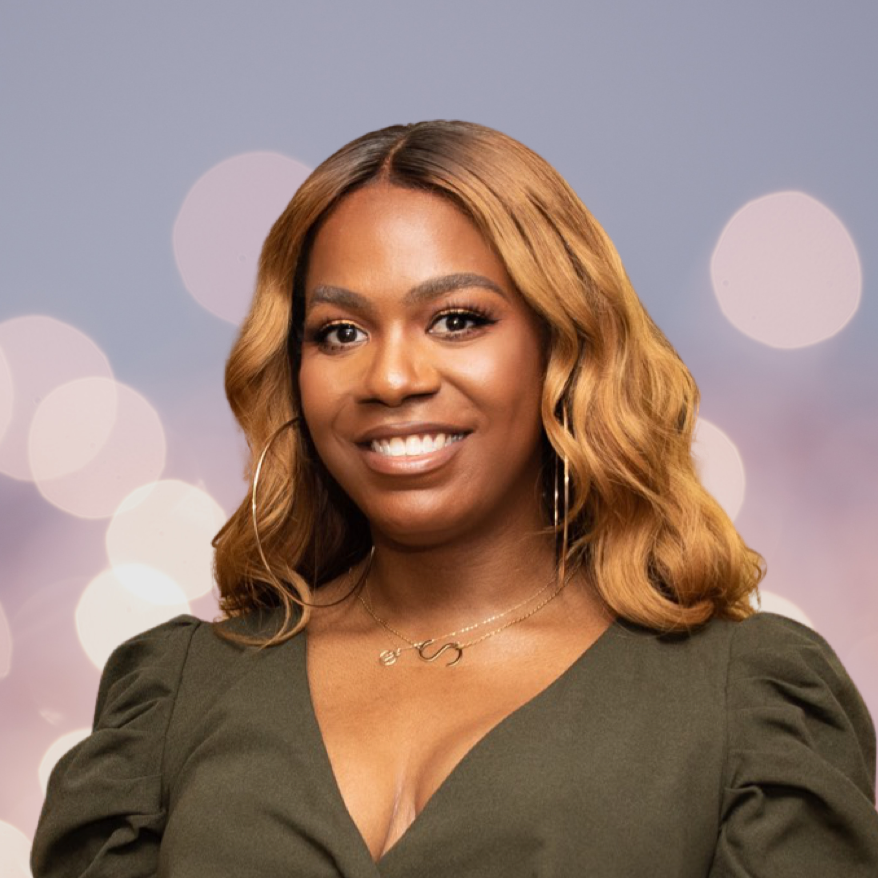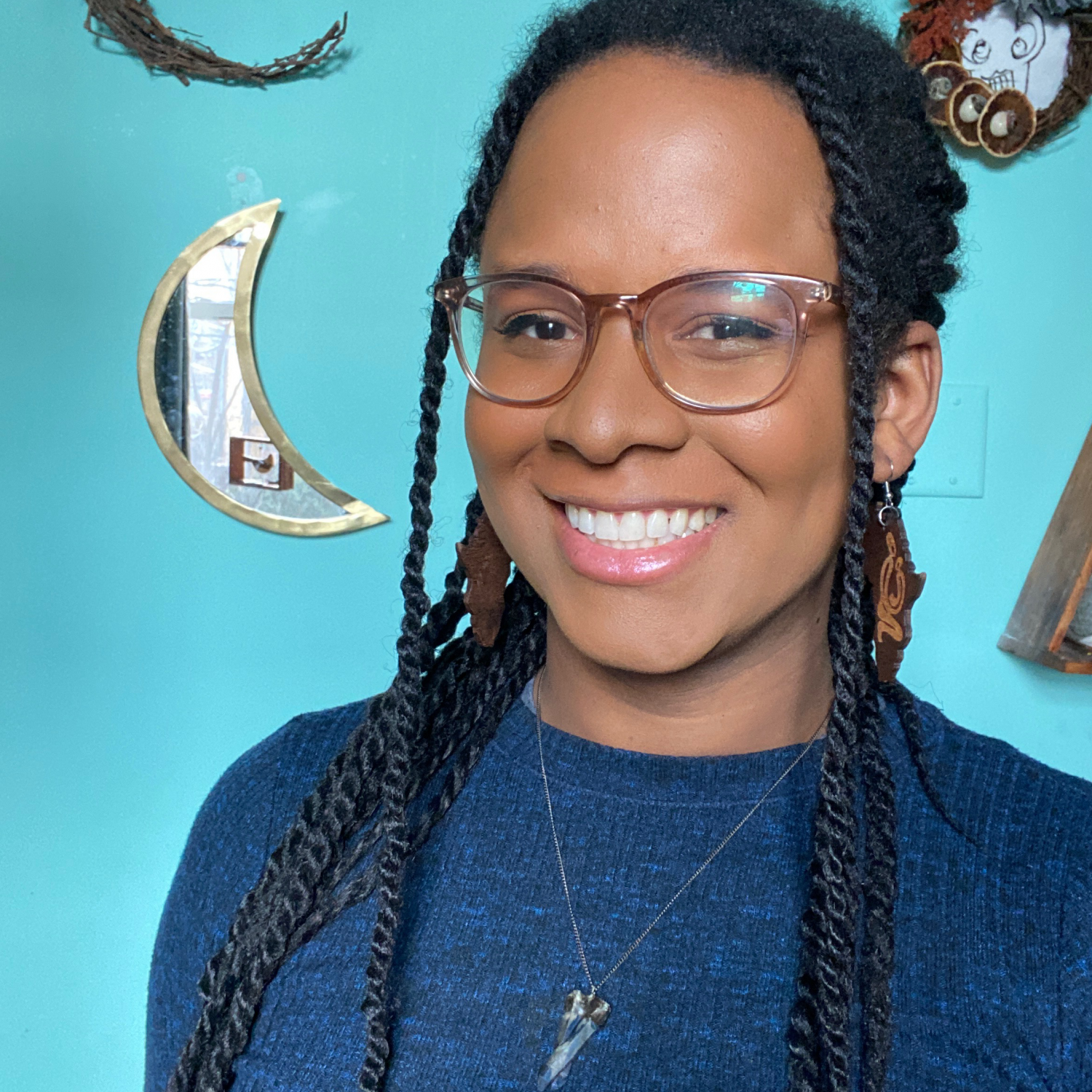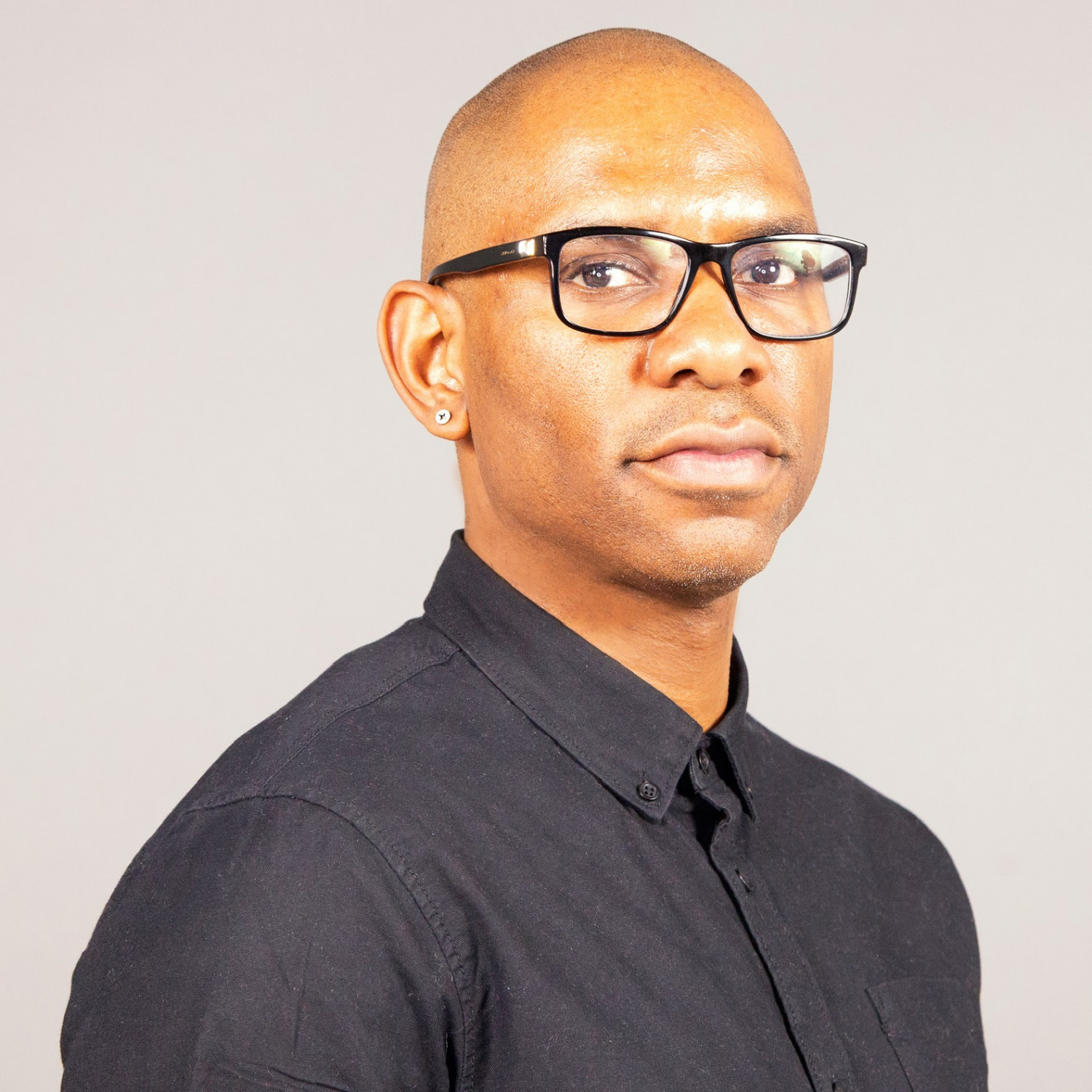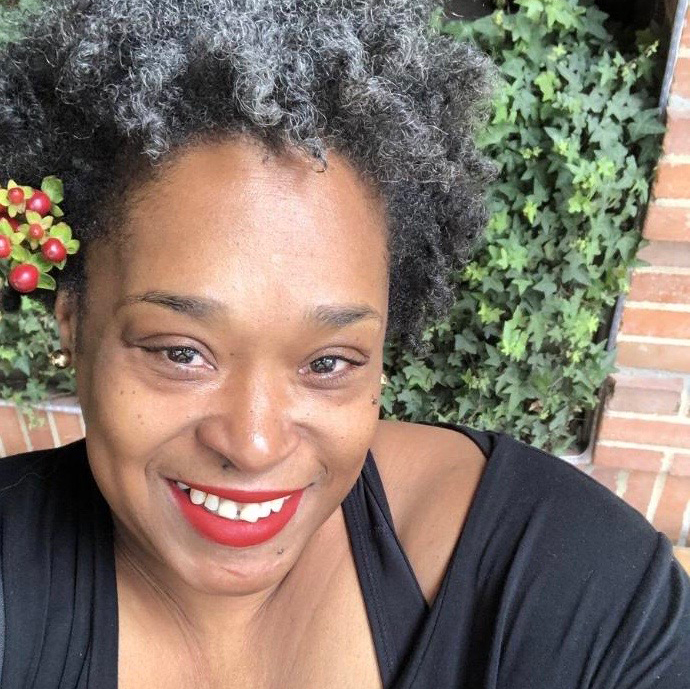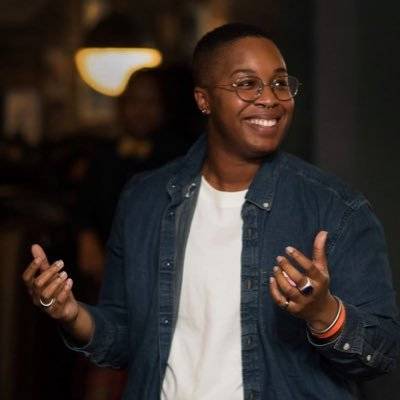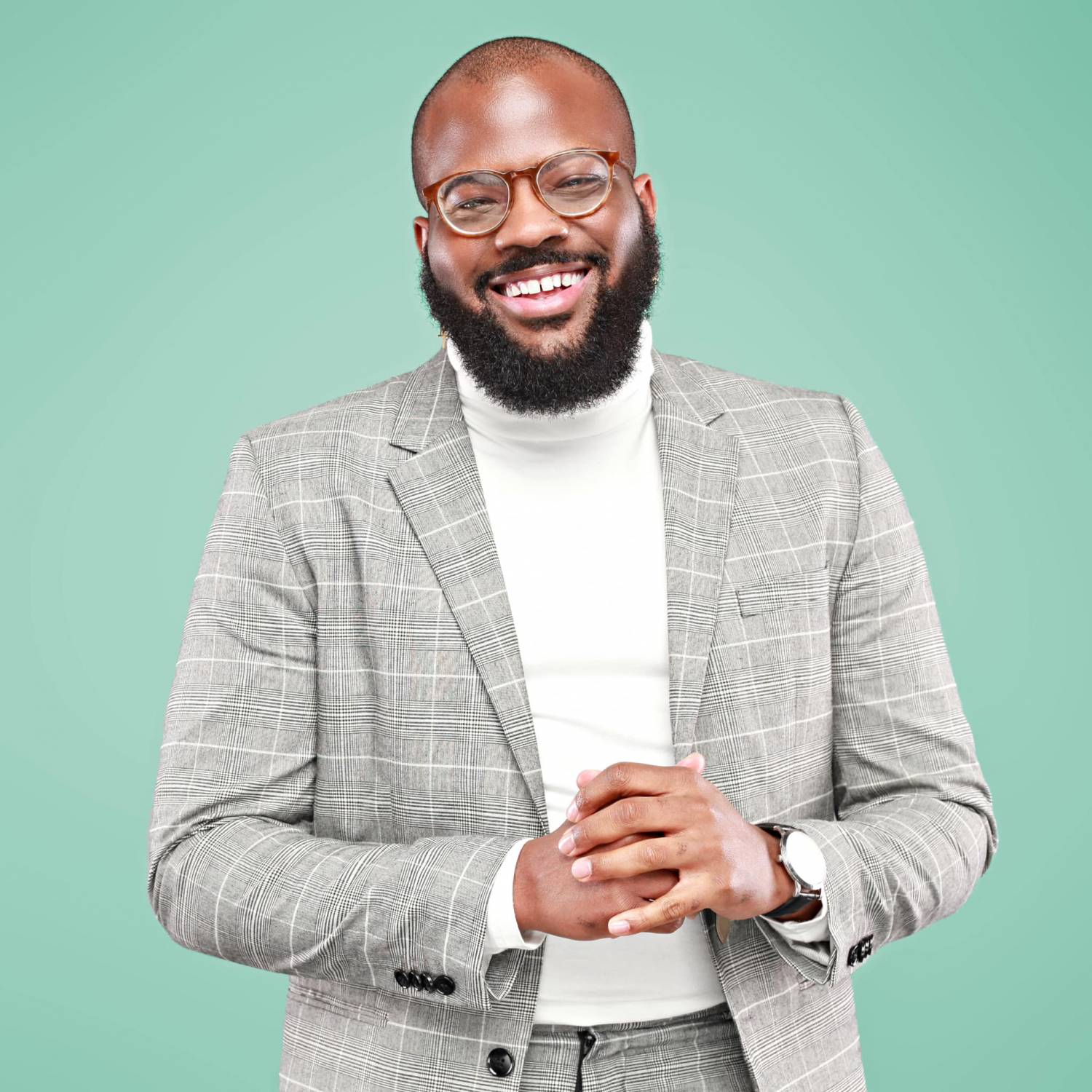By Kellee Terrell
For many in the Black LGBTQ+ community, the month of June can embody a profound sense of freedom. Not only is June LGBTQ+ Pride Month—which was literally born from a riot against police harassment and brutality—but it also encompasses Juneteenth. This federal holiday, which falls on June 19, is a celebration of the effective end of slavery in the United States. When in 1865, a Union general arrived in Galveston, Texas, to inform enslaved African-Americans of their freedom and the end of the Civil War.
While Pride and Juneteenth are celebrations of liberation, resilience, and progress, for Black queer people, the interwovenness of the two also illuminates the beauty and reality of their interconnected identities and the oppression they face. Black queer people fight against both racism—in and outside of the LGBTQ+ community—and homophobia, transphobia and misogynoir—from in and outside communities of color. This is especially important as we confront increasing white supremacy, continued over-policing, attacks on our freedoms, and attempts to erase our existence from this nation’s fabric. A Black queer perspective of the world, the fight and what it will take to be free is needed now more than ever.
This Juneteenth, we asked six Black queer people what liberation means to them and what it will take to get there. Here’s what they said.
Shar Jossell
Pronouns: she/her
Los Angeles, CA
When it comes to the intersections of my womanhood, transness, and Blackness, freedom is an all-encompassing concept. It means real equity and equality for Black people from all corners of the nation and across the globe. We cannot expect any formidable progress if we continue to disregard the most marginalized in our communities. Therefore, the fight for freedom cannot waiver when turbulence occurs. A key requirement for liberation is an acknowledgment of past transgressions and a willingness and hunger to unite for a brighter tomorrow for everyone.
Robin Carnilius
Pronouns: they/them
Chicago, IL
Being Black, queer, and trans, the intersectionality of my marginalized identities often makes me a target wherever I am. It’s a weight on my shoulders and a plague on my mind, always wondering if I’ll be the next Black person killed by police or the next POC trans woman killed. I’ve gotten called “tranny” “faggot” and “that’s a man” by different Black strangers, been fetishized and dehumanized by white queer men, falsely arrested by white officers, and the list goes on. And I say all this as one of the privileged people who grew up middle class.
For me, freedom and liberation mean living in this world without fear of harassment or death for simply existing. It’s freedom from trying to “pass” for safety, freedom to do something unapologetically Black and not have it be labeled “ghetto” or “aggressive.” It’s protections and the pursuit of happiness that only the privileged enjoy. If we could exterminate the roles of colonization, Christianity, and capitalism in our government and media, it would go a long way toward changing minds and systems and freeing us all.
Kenyon Farrow
Pronouns: he/him
Cleveland Heights, OH
It’s really hard to imagine what real freedom and liberation look like when my very existence in this country is forged out of such violence and brutality. Freedom and liberation aren’t passive or about prayer, meditation, or therapy. Those things can help us navigate and transform the harm we experience. But freedom is a process, a pathway, in which we have to transform our entire society to ensure all people are fed, housed, clothed, and experience life without unnecessary deprivation of resources. And liberation is when we all get to have meaningful work and connection to family and community and can live lives of dignity, joy, and beauty as much as possible. So I don’t think I can be free when someone else is subjected to oppression, violence, and deprivation.
For me to be free, you also have to be free.
Deon Haywood
Pronouns: she/her
New Orleans, LA
If we sit down every day and simply think about the attacks on our community, we wouldn’t make it, y’all. So we need to seek joy and do so with each other as part of our liberation. We have to celebrate that in this fight because I don’t want us to be like our foremothers and fathers were when they were so unhappy doing this fight. If we are going to sustain ourselves, and our community is going to sustain itself, then it means that we have to impart moments of joy. When you think about Black communities, that’s what we’ve always done. They didn’t create it for us; we created it before. Finally, liberation is also about fighting with vigor and the ability to dream of the world of what we want it to look like for ourselves.
Avatara Smith-Carrington
Pronouns: they/them
Texas
Liberation or a liberatory practice looks like being a community with folks. Who I choose to be in community and struggle with and to who I choose to be accountable to. Often that looks like the species that breed give life to joy and happiness, and that’s in times like these where it feels like everything around you is crumbling. Being in those spaces is a constant reminder of what is possible, even when it seems impossible right now. That is what liberation looks like: Finding the possibility and all that is possible.
Preston Mitchum
Pronouns: he/him
Washington D.C.
For me, liberation looks like not centering our resilience but critiquing the systems that force us to be resilient.

